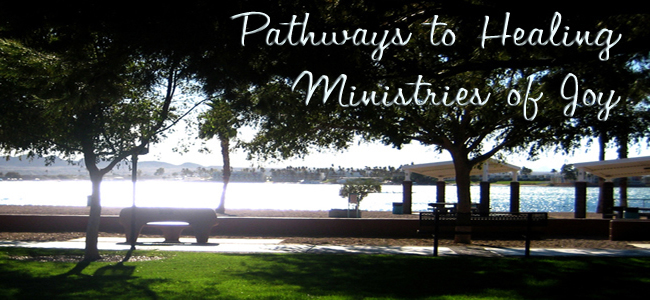Have you ever felt there were invisible boundaries around you? Limits that would allow you to go so far in achievements and risk taking, but no further? I call this the “confidence barrier” and believe once we can break through we can find our full potential, while also realizing who we are. Or, does it matter? Have you ever thought about wanting to become all God knew you could become at the moment of your conception?
Maybe the Apostle Paul “got that,” as he wrote under the inspiration of the Holy Spirit, saying, “I can do all things through Christ who strengthens me.” Certainly, he lived out these words as seen through his remarkable feats. The only difference between Paul and us is that he set out to apply personally everything he heard God saying, living up to his human potential.
In a widely read book, physician Maxwell Maltz estimated that 95 percent of all people in our society feel inferior. Environmental and cultural conditioning have played major roles in the formation of attitudes and feelings which produce low self-esteem. Some, of course, have more difficulty than others, but almost everyone to some degree must cope with this unwholesome condition.
“Why?” might be an appropriate question with this issue, for knowing a cause could allow significant changes, or advantages for future generations. Jess Lair, doctor of psychology and author of I ain’t much, baby—but I’m all I’ve got, brings out an interesting theory regarding the Zulus in South Africa, how their “cups” were filled with love, allowing self-assurance and high personal esteem.
Lair perceives that if you are, “ … born a Zulu, you were nursed at your mother’s breast and carried on your mother’s back with your bare skin against her warm, bare skin for two solid years. You were given more physical contact and more physical love and affection than probably any but a handful of children in American culture get … When his two years were up and a new baby came along, it was time for him to be put down on the ground. Often his cup was still not filled with physical love. But he had lots of kids in his village to love him. Because their cups had been filled, they didn’t hate little kids and weren’t mean to them and angry at them. When this little Zulu child cried because he needed to be carried and held, one of the older children picked him up and held him and carried him around . . . so there was a continuation of physical love and affection from both boys and girls as well as from the mother.”
Obviously, the Zulus did not have an ideal society, but they had a beautiful gift in that the whole tribe acted as “mamoos” and “dadoos” to one another. Each child grew up thinking he/she was beautiful and that belonging to his/her tribe was the greatest of honors. They treasured each other.”
These people had optimum self-esteem—that is until the plight of their nation became such that they were compelled to move into the cities for survival. There, juvenile delinquency and interpersonal strife developed among their members in just a few decades.
The nurturing seen in the Zulu story is no doubt something we can learn from. But equally important is what we tell children about themselves as they grow – how much effort we take to build their self-esteem.
It is not too late for adults, either. There is much we can do for one another through frequent affirmation of strengths and talents—looking for beauty rather than faults, finding the “treasure” in one another. In so doing, we will not only expand our boundaries, but also those of others.
First, we must come to think highly of ourselves. A beginning step can be taken in noting and identifying all the negative messages we have been telling ourselves. Second, make an assessment of what is good and gifted about our personhood. Third, to begin listening to what God’s Word says about us, taking steps to believe it by replacing our negatives with Truth. In time, feelings of competence, worth and significance will increase, for our feelings follow our thoughts.
One psychologist claims that all personal problems are rooted in lack of self-love. Yet, as long as we entertain self-deprecating dictums allowed to play on and on in our heads, it is hardly possible to love ourselves.
Jesus said, “I came to testify to the truth.” We are commissioned to follow His example. But wouldn’t it be a good idea to find out the truth about ourselves first? All we have to lose are those unseen barriers made up of feelings of being powerless, inadequate, and of possessing limited ability.
Then, as Jesus said, the truth will set you free.


Thank you for another great article Joy.
I remember, when I was a young father, reading books and articles about how touching, warmth and doting love on our young children would set them up for good lives.
I have witnessed my children grow up to be warm, giving and loving achievers.
In my opinion, your article hits the nail on the head.
Kindest regards & Semper Fi,
Russ Mascari
Thank you, Russ, for honoring my words with your comment, serving to assure others of both spoken and unspoken important truths. A child coming into one’s life, once embraced and loved, becomes a treasured gift worth more than anything. For them we give, if needed, even our very breath. We become their greatest friend. Jesus said, “Greater love has no one than this, than to lay down one’s life for his friends.”